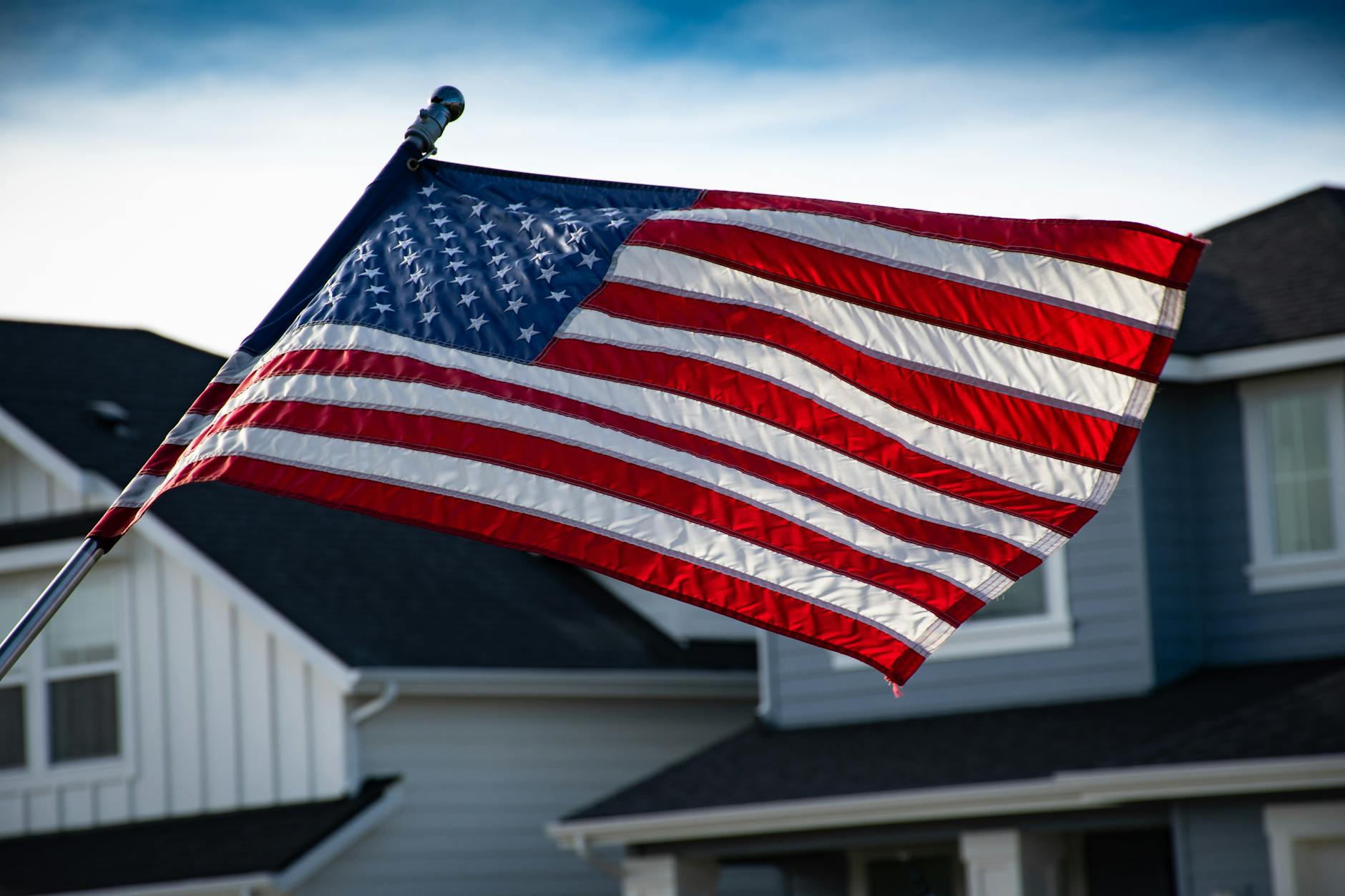Memorial Day, observed on the last Monday of May, is a significant and solemn day in the United States, dedicated to honoring and remembering the men and women who have died in military service to the nation. This day, steeped in history and tradition, serves as a poignant reminder of the sacrifices made by countless individuals to protect and preserve the freedoms and values cherished by Americans. This article delves into the origins, evolution, and contemporary significance of Memorial Day, paying tribute to the fallen heroes.
Origins of Memorial Day
The origins of Memorial Day date back to the aftermath of the Civil War, a conflict that claimed more lives than any other in American history and necessitated the establishment of the first national cemeteries. The Civil War, fought from 1861 to 1865, resulted in the deaths of an estimated 620,000 soldiers from both the Union and Confederate armies. The immense loss of life led to widespread mourning and the desire to honor those who had died.
One of the earliest known observances of what would later become Memorial Day was organized by a group of formerly enslaved African Americans in Charleston, South Carolina, in 1865. After the city fell to Union forces, they organized a ceremony at a former Confederate prison camp, where they had reburied Union soldiers who had died there. They decorated the graves with flowers, held a parade, and sang hymns, establishing a tradition of remembrance and honor.
Establishment of Decoration Day
The formal establishment of a national day of remembrance began with General John A. Logan, the national commander of the Grand Army of the Republic, an organization of Union veterans. On May 5, 1868, Logan issued General Order No. 11, which called for a nationwide day of remembrance on May 30. This day was chosen because it was not the anniversary of any particular battle, allowing it to be a day to honor all who had died in the Civil War.
The first national observance of what was then called Decoration Day took place on May 30, 1868, at Arlington National Cemetery. General James Garfield, who would later become the 20th President of the United States, delivered a moving speech to a crowd of over 5,000 people. Participants decorated the graves of more than 20,000 Union and Confederate soldiers buried there, symbolizing a gesture of reconciliation and unity.
Evolution into Memorial Day
Over time, Decoration Day evolved to honor all American military personnel who had died in all wars, not just the Civil War. Following World War I, the observance was expanded to include American casualties of any war or military action. The term “Memorial Day” gradually became more common, and the day became an opportunity for the nation to pause and remember the sacrifices made by its service members.
In 1968, the United States Congress passed the Uniform Monday Holiday Act, which aimed to provide a three-day weekend for federal employees by moving the observance of certain holidays to Mondays. As part of this act, Memorial Day was moved from its traditional date of May 30 to the last Monday in May, and the change took effect in 1971. This law made Memorial Day a federal holiday, ensuring that the nation would annually set aside time to honor its fallen heroes.
Traditions and Observances
Memorial Day is marked by a variety of traditions and observances that reflect the day’s solemn purpose. Many Americans participate in ceremonies at cemeteries and memorials, where they place flowers and flags on the graves of fallen soldiers. Arlington National Cemetery, in particular, holds a significant ceremony each year, attended by military personnel, veterans, and government officials, including the President of the United States, who traditionally lays a wreath at the Tomb of the Unknown Soldier.
Parades are another common feature of Memorial Day, with cities and towns across the country hosting events that include veterans’ groups, military units, and community organizations. These parades serve as a public expression of gratitude and remembrance, fostering a sense of unity and shared purpose among participants and spectators.
In addition to public ceremonies and parades, many families observe Memorial Day by visiting the gravesites of relatives who served in the military, holding family gatherings, and participating in moments of silence. The National Moment of Remembrance, established by Congress in 2000, encourages Americans to pause for a minute at 3:00 PM local time to reflect on the sacrifices of those who have died in service to the nation.
The Contemporary Significance of Memorial Day
While Memorial Day has become associated with the unofficial start of summer, with barbecues, picnics, and recreational activities, it is essential to remember the day’s profound purpose. The holiday provides an opportunity to honor the courage, dedication, and ultimate sacrifice of the men and women who have given their lives in defense of the United States.
In recent years, efforts have been made to refocus the public’s attention on the true meaning of Memorial Day. Educational initiatives, public service announcements, and social media campaigns aim to raise awareness about the importance of honoring the fallen and recognizing the cost of freedom. These efforts underscore the need to balance celebration with commemoration, ensuring that the memories of those who have served and sacrificed are not forgotten.
Conclusion
Memorial Day is a day of deep significance, rooted in a history of sacrifice and remembrance. From its origins following the Civil War to its current observance as a national holiday, Memorial Day serves as a poignant reminder of the cost of freedom and the bravery of those who have given their lives in service to the United States. As we honor their memory, we are reminded of the values and ideals they fought to protect and the enduring legacy of their sacrifice.
By participating in Memorial Day traditions, visiting cemeteries, attending ceremonies, and pausing for moments of reflection, we can ensure that the sacrifices of our fallen heroes are never forgotten. In doing so, we uphold the spirit of Memorial Day and pay tribute to the men and women who have made the ultimate sacrifice for our nation.



